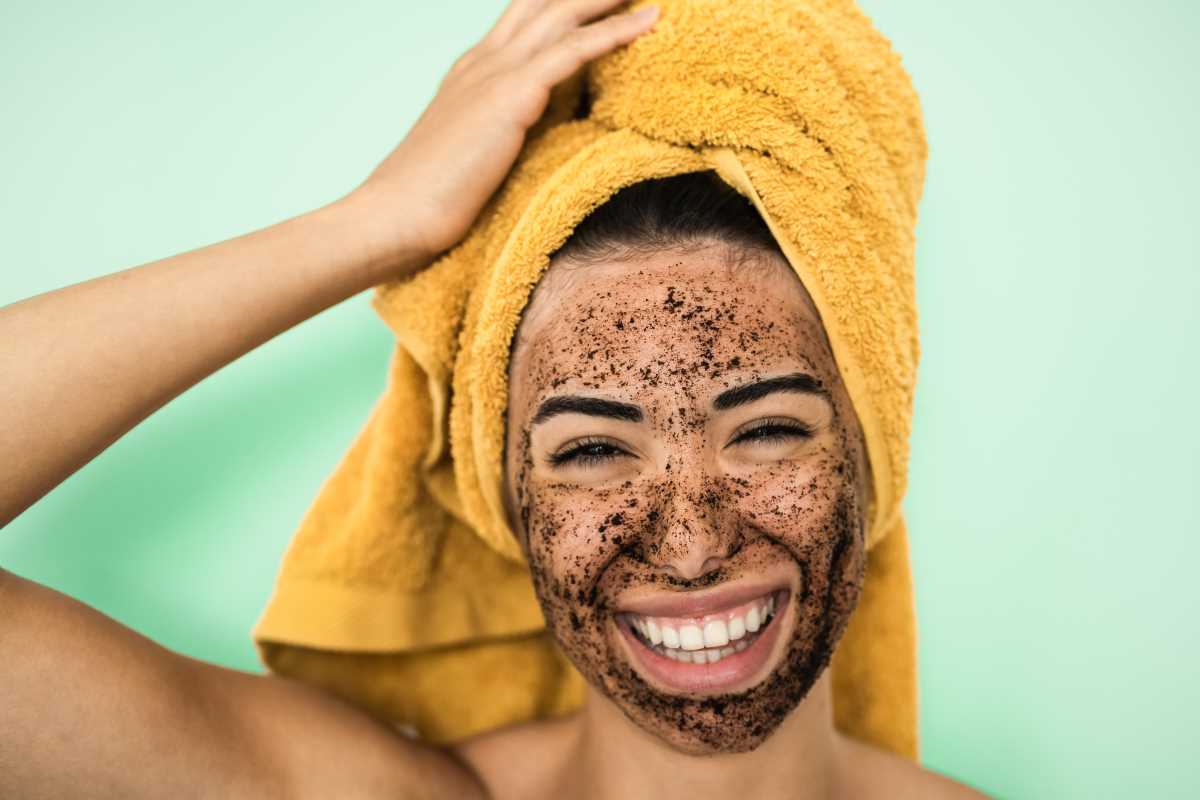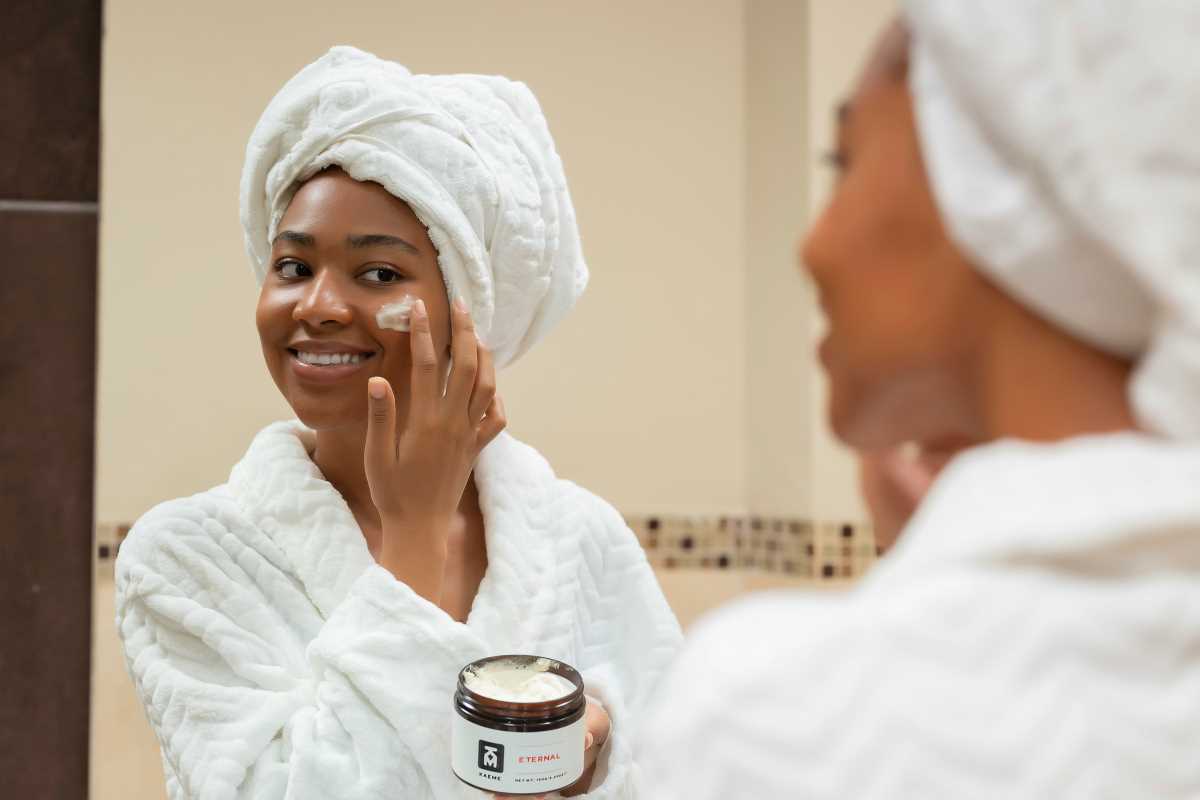Winter can make your skin feel dry and tight. With the cold air outside and heated air indoors, your skin loses a lot of its natural moisture. This can lead to flaky patches, redness, and an uncomfortable feeling. To keep your skin healthy and hydrated, adding hydrating face masks to your skincare routine is a great idea. These masks bring moisture back to your skin, helping it stay soft, smooth, and glowing even in the harshest weather. Whether your skin is dry, oily, or sensitive, there’s a mask for everyone. Hydrating face masks are the perfect winter skincare secret to take care of your face.
Why Winter Dries Out Your Skin
The cold, dry air in winter causes your skin to lose moisture quickly. This happens because humidity levels drop during colder months, and your skin’s natural barrier weakens. On top of that, indoor heating makes things worse by pulling moisture out of the air and your skin. Without enough hydration, your skin may become rough and flaky and feel uncomfortably tight. Using hydrating face masks helps to restore the moisture your skin loses daily in winter. These masks are packed with powerful ingredients that go deep into your skin to keep it healthy and hydrated.
Types of Hydrating Face Masks
Hydrating face masks come in different forms, and each one offers unique benefits. Choosing the right one depends on your skin’s needs and your preferences.
Sheet masks are single-use masks soaked in a serum full of moisturizing ingredients like hyaluronic acid or glycerin. They’re perfect for a quick hydration boost and are very simple to use. You just place one on your face for 15 to 20 minutes and then remove it.
Cream masks have a thicker texture and work wonders on dry or mature skin. These masks are rich in nourishing ingredients like oils and butter, which deeply moisturize and repair dry patches. Using them before bed allows your skin to absorb all the benefits overnight.
Gel masks are light and refreshing, making them great for sensitive or irritated skin. These masks are usually made with soothing ingredients like cucumber or aloe vera to calm redness while hydrating your face.
Overnight masks are another option, offering deep hydration while you sleep. These masks save time since you don’t have to rinse them off, and your skin wakes up feeling soft and smooth.
If you’d like to make your own, DIY masks are an affordable and natural choice. Ingredients like yogurt, honey, and avocado are easy to mix and provide beautiful results for dry, winter-weary skin.
How to Choose the Best Mask for Your Skin Type
The type of hydrating mask you should use depends on your skin type. People with dry skin do best with cream or overnight masks since they contain rich ingredients like shea butter and avocado oil. These masks deeply nourish and help repair the skin’s barrier.
If you have oily skin, lightweight gel masks or sheet masks are better because they don’t clog pores. Make sure the masks you use are labeled as non-comedogenic, which means they won’t block your pores.
For sensitive skin, always look for masks with gentle and soothing ingredients like chamomile or aloe vera to avoid irritation. Products with no synthetic fragrances or alcohol are generally better for delicate skin types.
Combination skin may require a mix of different masks, known as multi-masking. You can use a hydrating cream mask on dry areas, like the cheeks, and a gel mask on oily areas, such as the forehead and nose. This allows you to address the specific needs of each part of your face.
Tips for Adding Masks to Your Winter Skincare Routine
To get the best results, it’s important to use hydrating face masks properly and at the right time. Clean your face thoroughly before applying a mask. This removes dirt and any oils that might block absorption. Using a warm towel to gently open your pores will make your skin more receptive to the hydrating ingredients.
Use your mask regularly, about one to three times a week, depending on how dry your skin is. Follow the instructions that come with the mask to know how often it’s safe to apply. After removing the mask, always finish by applying a moisturizer. This locks in the hydration and creates a barrier to prevent water from escaping.
The ideal time to use a face mask is at night since your skin repairs itself while you sleep. Overnight masks are especially convenient for this, but any type of mask can be applied before bed. You can also pair your mask with other hydrating products, like a serum with hyaluronic acid, to give your skin an added boost.
Try a DIY Hydrating Mask
If you enjoy using natural ingredients, making your own hydrating mask at home is fun and easy. A mixture of honey, aloe vera, and mashed avocado works well to nourish dry skin. Apply this mixture to your face for 15 to 20 minutes, then rinse it off with warm water. Follow up with your favorite moisturizer to lock in the hydration.
Keep Your Skin Glowing All Winter
Using hydrating face masks during winter is a simple way to keep your skin healthy and comfortable. These masks work by delivering intense moisture and repairing the damage caused by dry, cold weather. By choosing the right type of mask for your skin type and using it regularly, you’ll notice softer, smoother, and more glowing skin even during the harshest months. Whether you buy one from your favorite skincare brand or make a DIY mask at home, these winter skincare essentials will keep dryness at bay and leave your skin looking its best. Hydrated skin is happy skin, and with so many options to explore, there’s no excuse to skip this nourishing step in your routine.
 (Image via
(Image via





